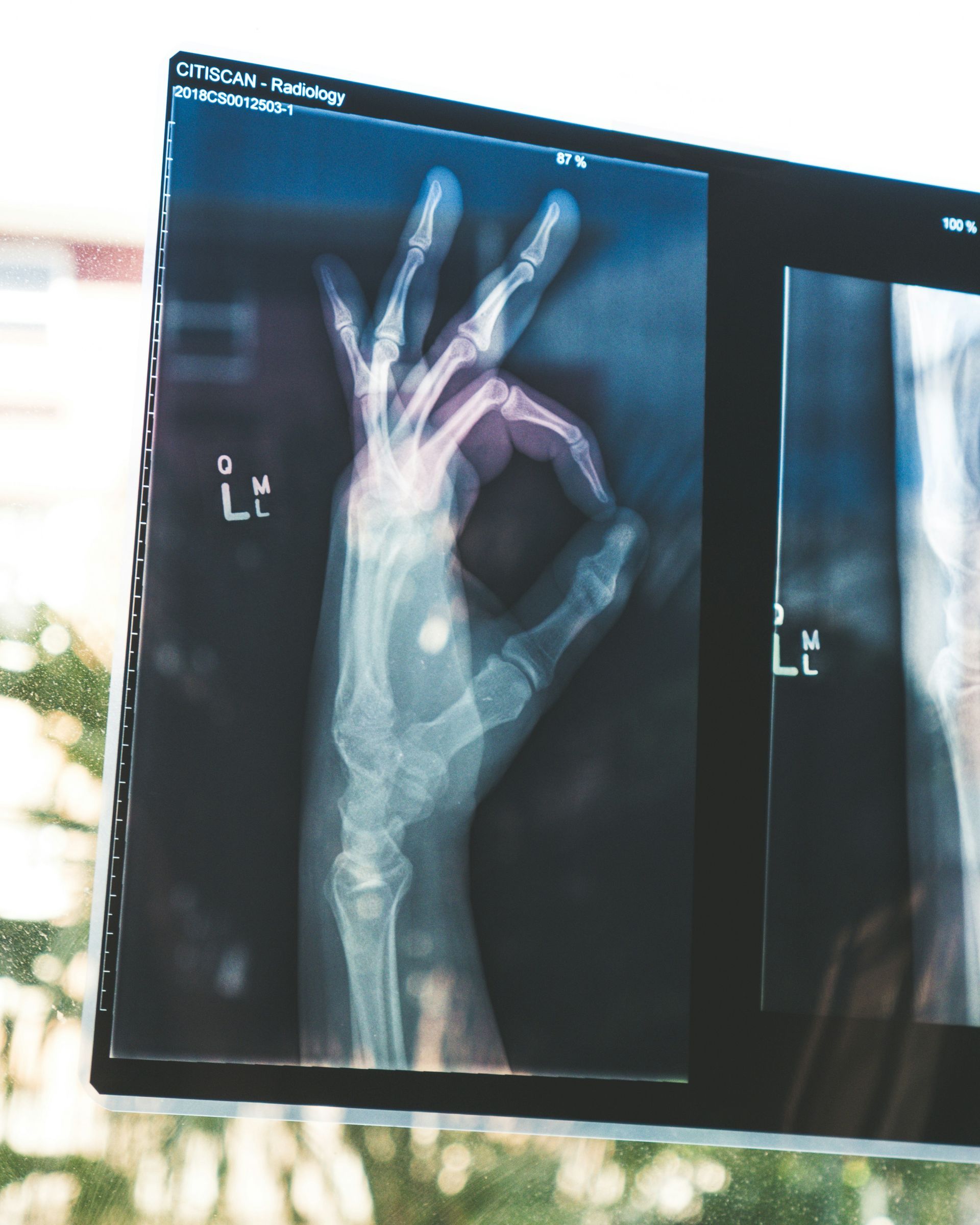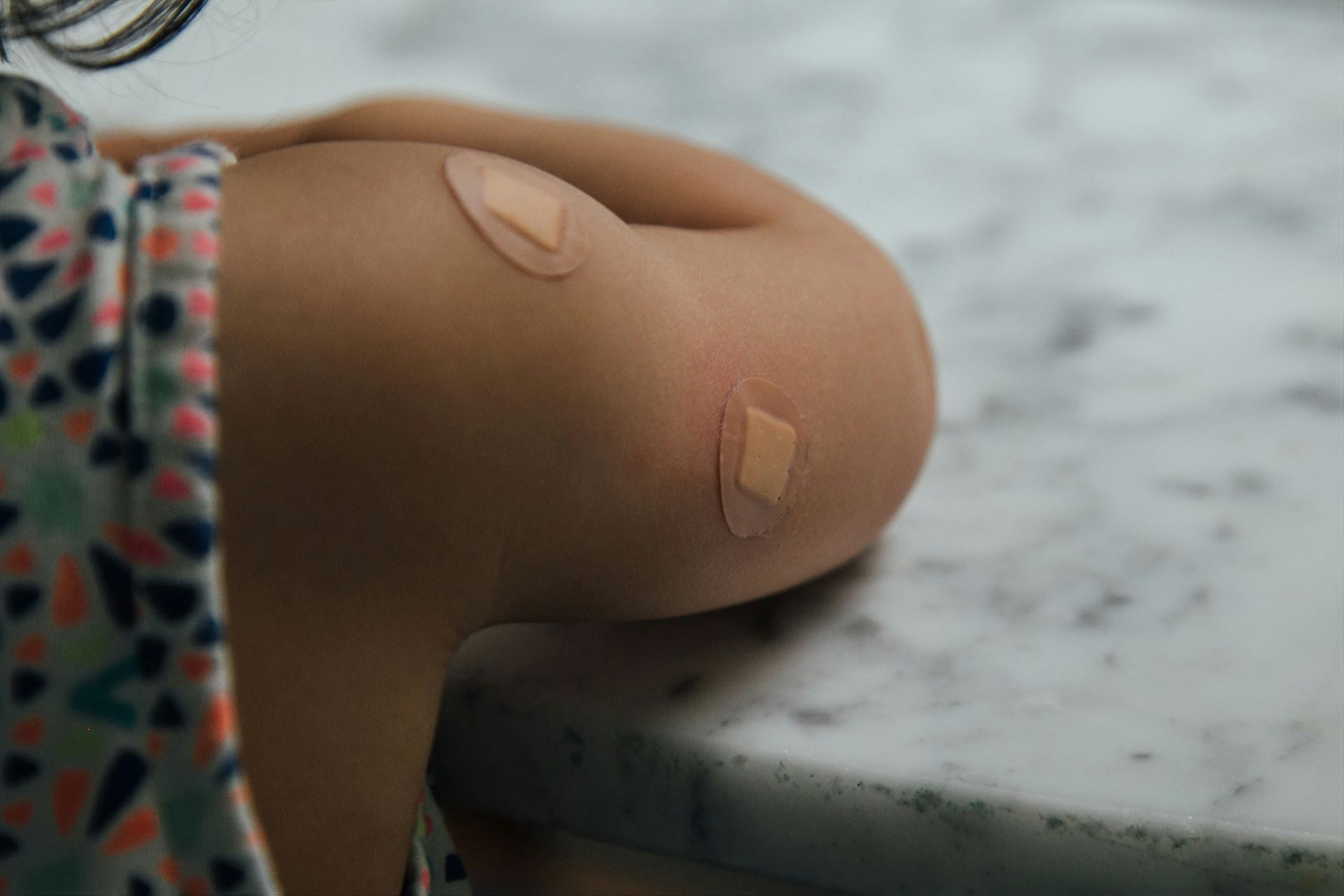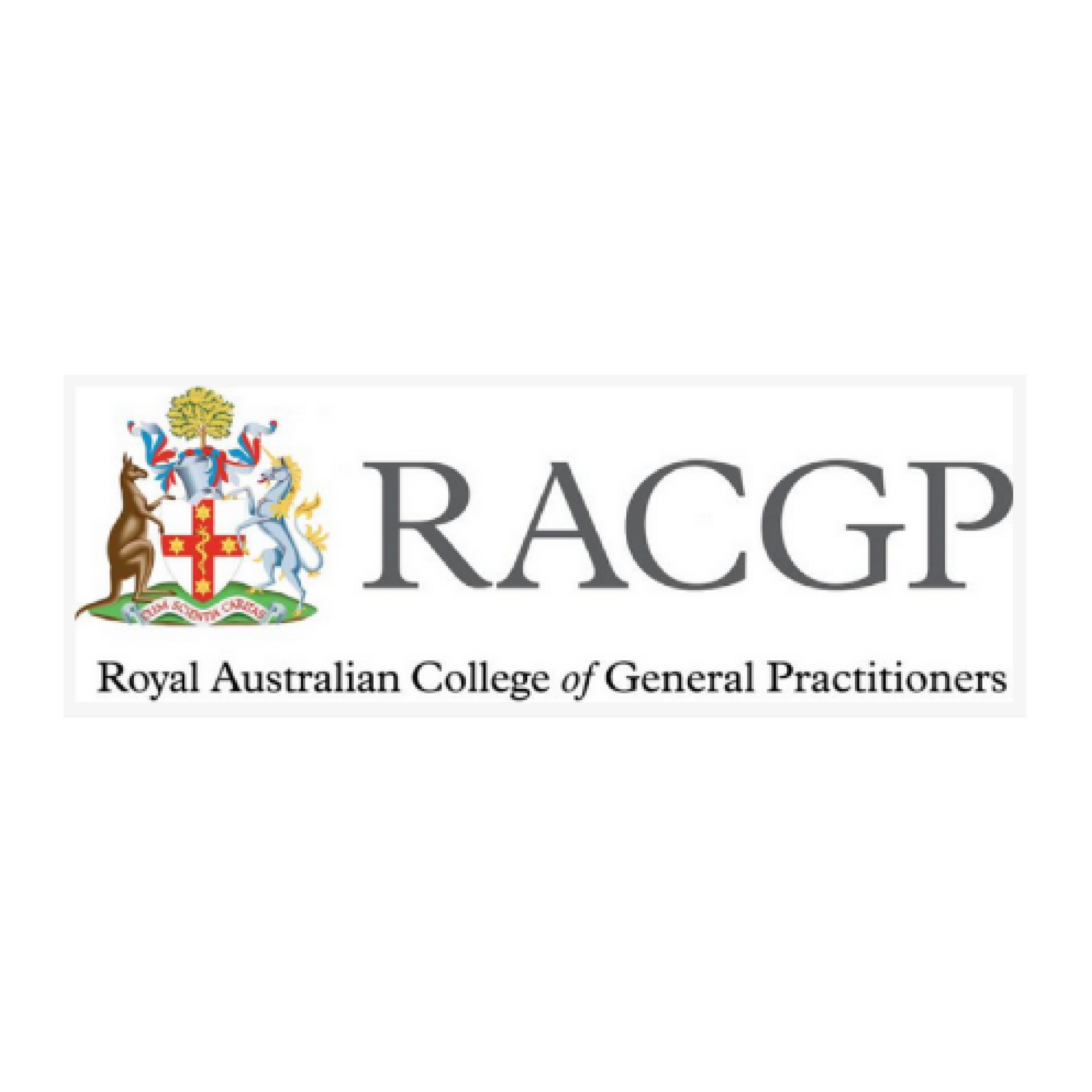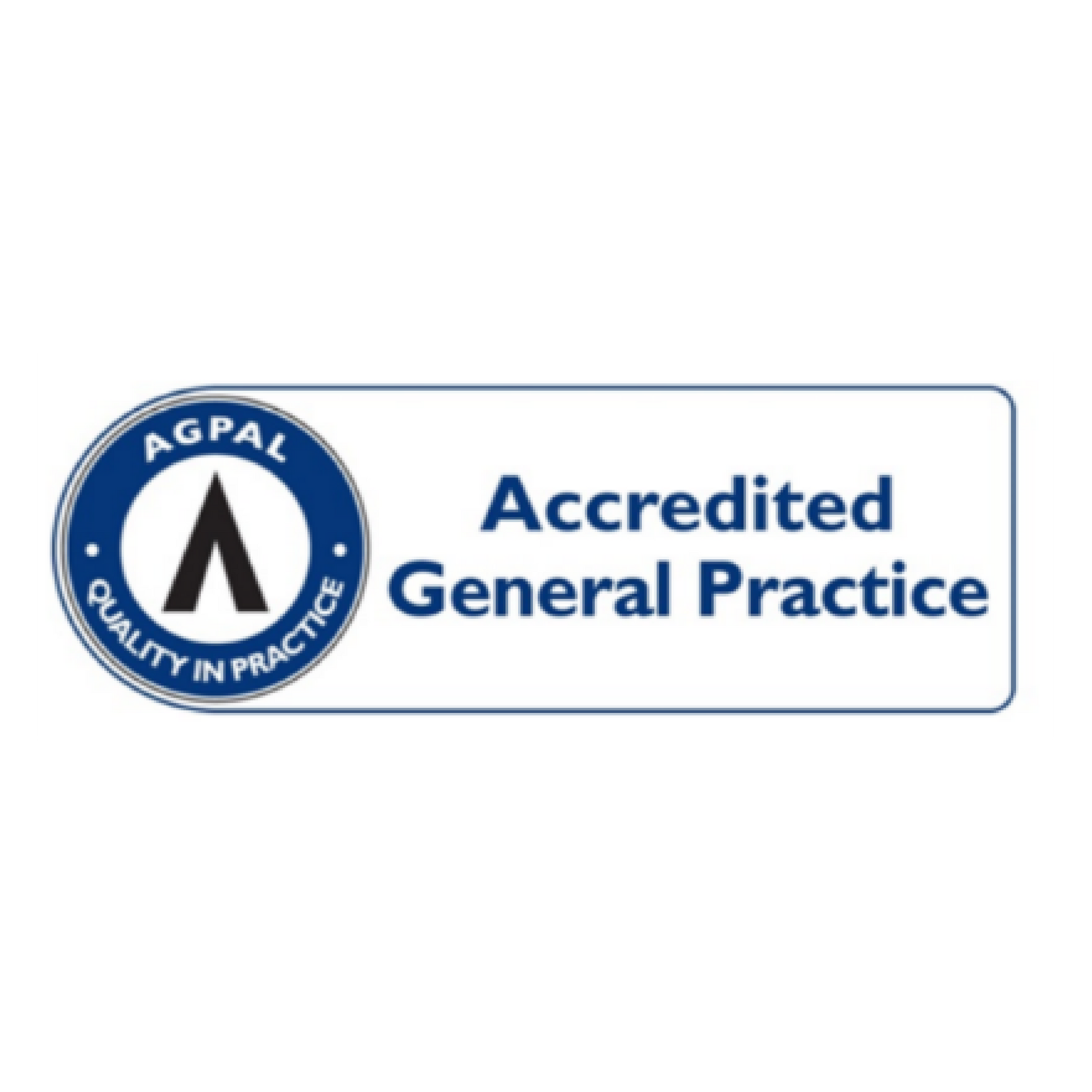Why Health Screening Matters for You and Your Family
When it comes to looking after our health, most of us wait until something feels wrong before we book a GP visit. But some of the most important checks we can do are the ones that happen when we’re feeling well.
What is health screening?
Health screening means checking for certain conditions before symptoms appear. The aim is to detect issues early, when they’re easier to treat or even prevent.
Screening tests are tailored to your age, gender, and health history. Some are simple conversations with your GP, while others may involve blood tests, imaging, or at-home kits.
Common screening programs in Australia
Here are some of the national screening programs available:
• Bowel cancer screening – A free at-home test for people aged 45–74, sent in the mail every two years.
• Breast cancer screening – Free mammograms every two years for women aged 50–74.
• Cervical screening – A simple test every five years for people with a cervix aged 25–74.
• Lung cancer screening – New program for people aged 50–70 who currently smoke or have recently quit.
Outside of these programs, other checks like skin checks, blood pressure, cholesterol, and prostate health are best discussed with your GP.
Health checks across life stages
• Babies: Regular checks track growth, development, and immunisations, making sure your baby is thriving.
• Children: Focus on healthy growth, vision, hearing, teeth, and keeping vaccinations up to date.
• Teens: Checks support growth, puberty, mental health, and safe lifestyle choices as independence grows.
• Adults: Screening for blood pressure, cholesterol, diabetes risk, skin and cancers helps pick up issues early.
• Older People: Ongoing checks for heart, bone and cognitive health, medication reviews, and fall prevention support quality of life.
Why it’s important
Many conditions, including cancers and heart disease, don’t show early warning signs. Screening can:
• Detect disease early, when treatment is more effective
• Prevent serious complications
• Give peace of mind when results are normal
Making time for regular checks is one of the simplest ways to protect your future health.
What should I do next?
If you’re unsure what screenings you’re due for, make an appointment with your GP. They’ll consider your age, family history, and risk factors, and guide you through the options.
For more information about health screening programs, visit Healthdirect’s screening page or speak to your GP.
Screening isn’t just about preventing illness — it’s about living well. By staying on top of your checks, you’re giving yourself and your family the best chance for a healthy future.









